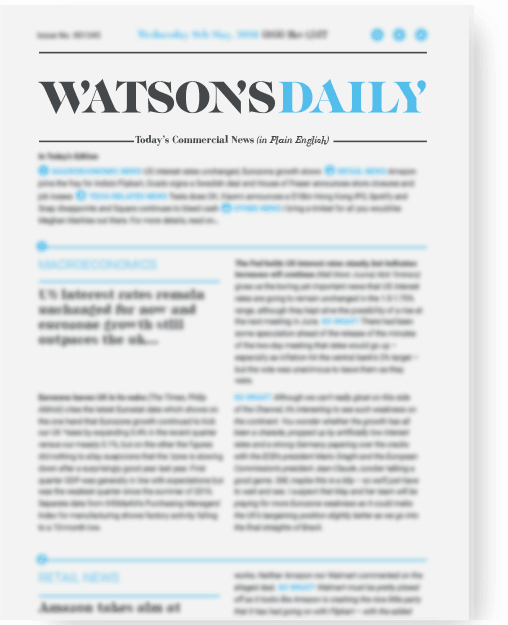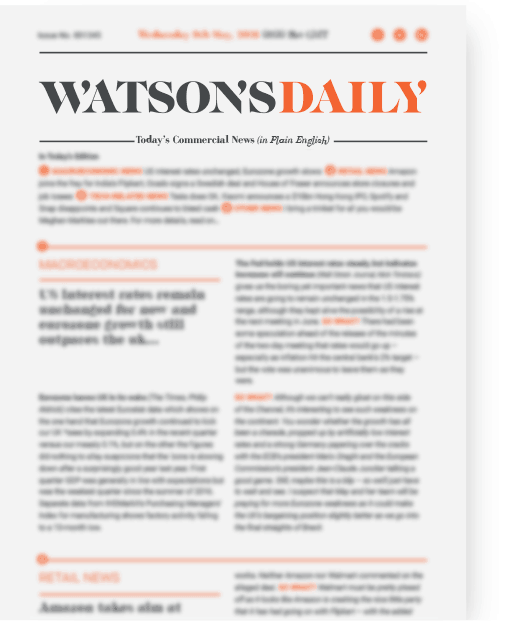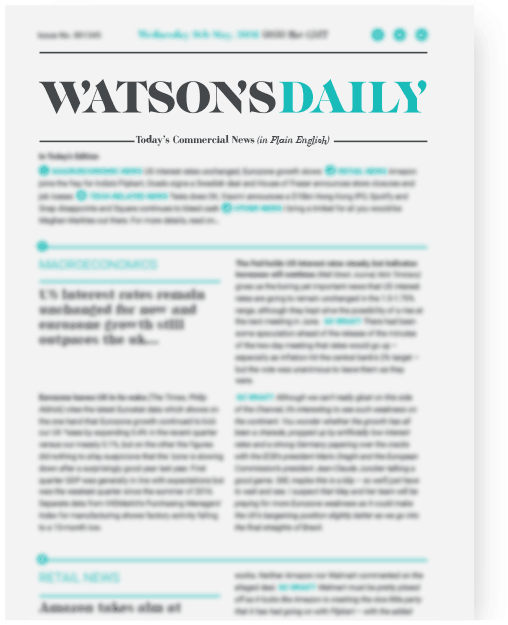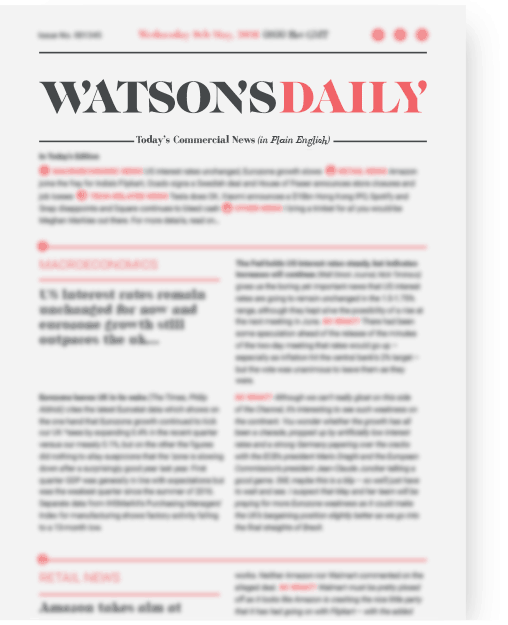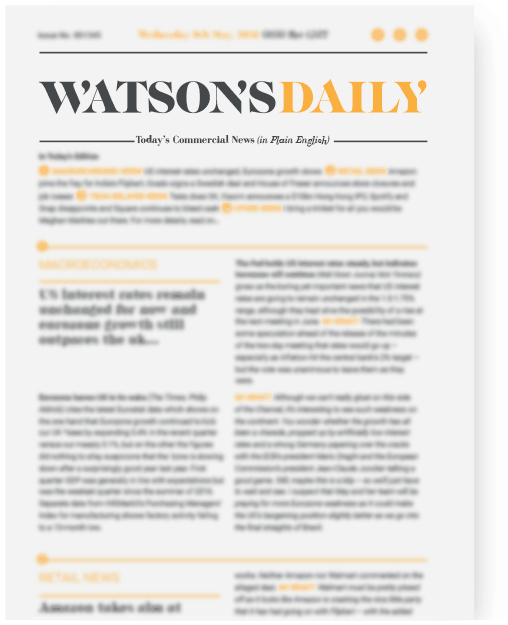- In CORONATRENDS NEWS, propane demand explodes in the US but in the UK, office projects stall, moves towards railway nationalisation continue, covid prompts reshoring, motor insurers await a nice bump, there’s an elephant in the room regarding house prices and Regeneron gets the green light
- In ALTERNATIVE FUEL NEWS, Ineos signs a hydrogen deal with Hyundai as the UK EV charging network proves to be very skewed
- In RETAIL NEWS, Black Friday is going to be even more crucial than usual and Sainsbury’s quits financial services
- In CHINA TECH NEWS, regulator crackdown prompts an investor rethink on tech
- AND FINALLY, I bring you a novel way of flirting for baristas…
1
CORONATRENDS NEWS
So the coronavirus continues to change our behaviour…
Are YOU a SILVER subscriber? If so, there’s something new coming for you very soon! I’ll tell you more later this week 👍…
Propane supplies feel heat as Covid drives dining outdoors (Financial Times, Gregory Meyer) shows that propane supplies are running down in the US as demand has risen by a whopping 75% over the year as the coronavirus has forced everyone to socialise outside under patio heaters! Hardware stores, petrol stations and large retailers have no stocks of portable steel containers. UGI, one of America’s biggest propane retailers, said that its AmeriGas cylinder exchange service hit record highs in the fiscal year to December. * SO WHAT? * This is just one example of how the coronavirus is affecting our behaviour. Clearly environmentalists will be concerned about how this sudden spike in demand for heaters that just, basically, heat the sky but proponents of propane say that it’s more efficient than electric heaters (which are powered by fossil fuels ultimately) and therefore greener. Yeah right – but then again the economic benefits to businesses who are allowed to stay open, for instance, are probably more immediately pressing.
In the UK, Covid is shaping behaviours in all sorts of ways. ‘Seismic’ shift to work from home shakes office projects (The Times, Louisa Clarence-Smith) shows that the construction of new offices in London has halved in six months, according to a survey by Deloitte Real Estate. This drop is particularly acute given that the volume of new office space under construction was at record levels at the beginning of the year. Developers are getting increasingly concerned about longer term weak demand for office space as more people work from home, especially in the City, and funding for projects is getting increasingly expensive. Having said that, though, Deloitte Real Estate director Mike Cracknell added that the construction pipeline for the next three years was still solid and the current rate of decline isn’t yet as bad as the levels experienced in 2008 and 2009. * SO WHAT? * Although office attendance is clearly going to be hit for the short-to-medium term, I still believe that people are gradually going to be returning. We’ll just have to wait and see how fast that return will be – but in the meantime, it’ll create a headache for the construction industry as it HAS to make key decisions years in advance. There is a danger here that this won’t be a short-term blip (for instance, I would argue that the financial crisis which resulted in the last dip was more “contained” in terms of sector than the universal effect of the coronavirus this time around), but it is going to take some time before we see what the real situation is going to be. In the meantime, tenants seem to be busy subletting their space…
The effect of working from home has been disastrous for our transport industry as a whole as far fewer people are now commuting to work and so Rail nationalisation goes full steam ahead, strategy reveals (Daily Telegraph, Oliver Gill) is a very interesting article which reflects the new reality that momentum towards railway nationalisation is continuing to build. Ministers have asked Network Rail to put together a 30-year strategy for the railway called “The Whole Industry Strategic Plan” (WISP) which makes it look very much like the private sector will have very little/no say in railway reform. An update on the situation on railways is expected in the Spending Review, which is due to be announced later on this week. * SO WHAT? * This is going
to be really bad for the likes of FirstGroup, Arriva and Go-Ahead Group because they are now too weak to fight an encroachment on their turf by the government. It will be interesting to see how this turns out because nationalisation really goes against the Conservative mindset – but then again if the government doesn’t do anything drastic now there may be no railway industry left. Long-time critics of the railways will no doubt see this as a golden opportunity to put things right (or at least on the right footing).
Covid and Brexit could see UK manufacturers bringing it all back home (The Guardian, Sarah Butler) cites a report by Alvarez & Marsal and research group Retail Economics which suggests that UK factories could be making up to £4.8bn-worth of more goods for British retailers (equivalent to the UK’s entire clothing manufacturing output at the moment) as supply chain worries due to covid and Brexit push British businesses to keep things domestic. Consumers are also getting more interested in sustainability, meaning there is more pressure to source product closer to home. * SO WHAT? * This trend of reshoring is pretty interesting and, given that it’s not easy to do, it would suggest that if demand was not out there it would not be happening. I don’t think this is necessarily just a case of businesses having to pivot – it’s a sign that they are taking a longer term view.
In news on other covid-related trends, UK motor insurers on the road to pandemic profit boost (Financial Times, Oliver Ralph) shows that reduced traffic levels and accidents have meant that motor insurers are like to benefit from the coronavirus. Having said that, they will probably lose out in other areas of their business such as travel, meaning that premiums won’t necessarily come down. They will also be wary of giving away too much because they may have to continue to pay out more on whiplash claims due to the delayed introduction of a new system to cut the cost of such claims and they will also have to stop charging existing customers higher rates than new ones for the same products.
House prices soar but beware the slide of March (Daily Telegraph, Russell Lynch) highlights increasing concern from the real estate industry that the end of the stamp duty holiday on purchases up to £500,000 in March next year will result in a massive dive in activity. As things stand right now, the end of March is going to bring three things: the end of the stamp duty holiday, the end of the current Help To Buy Scheme to be replaced by a much less generous plan, and the end of the furlough scheme. * SO WHAT? * This is a very painful-sounding triple whammy – and I would imagine that Sunak will have to do something about that confluence of three major schemes – vaccine, or no vaccine.
Meanwhile, in vaccine-related news, FDA authorises Regeneron’s Covid-19 antibody cocktail drug (Wall Street Journal, Joseph Walker) shows that a treatment that president Trump recently hailed as “unbelieveable” and made him feel good “immediately” was authorised this weekend by the FDA for emergency use for those with mild to moderate Covid over the age of 12. AstraZeneca, Oxford Covid-19 vaccine up to 90% effective in late-stage trials (Wall Street Journal, Jenny Strasburg) highlights more good news on vaccine development BUT that the average efficacy rate was about 70% depending on the dosage given. * SO WHAT? * It’s great that a third potential vaccine – in addition to Pfizer/BioNTech’s and Moderna’s candidates – is on the scene. It is also notable in that it is likely to be distributed more widely as both AstraZeneca and Oxford University have committed to selling it at cost during the pandemic.
2
ALTERNATIVE FUEL NEWS
Ineos and Hyundai sign a hydrogen deal while the UK’s EV charging network continues to look inadequate…
Ineos and Hyundai strike hydrogen deal (Financial Times, Peter Campbell) highlights a deal where Ineos will be buying Hyundai’s fuel cell technology for its own entry to the car industry while Ineos will supply Hyundai with hydrogen. Ineos has developed its version of the Land Rover Defender, the Grenadier. * SO WHAT? * It’s interesting to see that the shift from internal combustion engines to EV and hydrogen power has led to carmakers to rejig their own supply chains, especially to get lithium directly for their own batteries. Car makers such as Hyundai, Toyota and GM are all bringing out their own hydrogen models and need to make sure they get enough supply. Like most things, hydrogen is not perfect. Charging stations are more expensive to install than battery charging points because the fuel has to be kept at the right conditions and the production process that goes into it is not particularly environmentally friendly.
Then in Regional disparities in electric car-charging points revealed (The Guardian, Jasper Jolly) we see that London and the south-east have taken the lion’s share of newly-installed car charging points over the last year, according to analysis by The Guardian. Those regions received 45% of new charger capacity in the year to October compared to the area representing 27% of the population. * SO WHAT? * This is clearly unfair at first glance, although I would say it would be interesting to see these statistics compared to a national heat map of EV owners to see whether this all coincides. In terms of EV demand I would say that if you are in the market for such a vehicle a big consideration will be how easily you will be able to charge it under normal circumstances. If this is true, charging stations need to be built and the customers will come, but I also suspect that pay levels will also need to be considered because EVs are still pretty expensive. If wage levels and unemployment outside London and the south east are markedly different then it doesn’t matter how many charging stations you install – EV sales aren’t going to go up by the same amount.
3
RETAIL NEWS
All eyes are on Black Friday and Sainsbury’s quits financial services…
We all know that this run-up to Christmas is crucial for many a retailer’s survival but It’s make-or-break on the blackest of Fridays (The Times, Ashley Armstrong) highlights the logistical difficulties that are going to become more problematic over the next few weeks and there are concerns that revenues from online shopping will not be enough to replace usual Christmas takings. * SO WHAT? * Clearly, the whole lockdown situation has taken its toll on bricks-and-mortar retailers on the one hand and played massively into the hands of online specialists such as Amazon on the other. France has actually gone as far as postponing Black Friday due to pressure brought by small shopkeepers who say that Amazon was stealing their business, so now the giant has agreed to postpone it until shops are allowed to reopen. Interestingly, some retailers such as M&S and Next are avoiding Black Friday – the
former will be extending opening hours to absorb hoped-for pent-up demand and the latter says that its logistics capabilities are already stretched and that it wants to prioritise full-price sales.
Then in Sainsbury’s quits financial services after supermarket banks challenge fails (Daily Telegraph, Lucy Burton) we see that the supermarket giant has decided to call it a day on financial services since buying out its joint venture partner, Lloyds Bank, back in 2013. The business has been put up for sale and NatWest is one of many bidders looking at buying it. * SO WHAT? * Supermarkets thought that their trusted status would rake in the customers in the aftermath of the financial crisis, but it seems that things proved to be rather harder in the execution as the Co-op Bank, for instance, cut ties with the Co-operative Group back in 2017 and is itself also up for sale. Tesco sold its mortgage business to Lloyds last year. It seems that supermarkets failed in their endeavours because costs of running a bank have risen considerably – but they have also suffered because it is still very difficult to change banks.
4
CHINA TECH NEWS
The Chinese regulator’s crackdown is starting to affect investor perceptions…
I have been talking about this subject since the whole Ant Group IPO cancellation debacle but China regulations spur investors to reassess tech sector (Financial Times, Primrose Riordan and Mercedes Ruehl) shows that initial actions are starting to trickle through to Chinese investors’ outlook on tech as a whole given that new regulations are
likely to clip the wings of the sector rather dramatically. Companies such as Tencent, Alibaba and Meituan-Dianping have all benefited from investor interest under lockdown but that appears to be wavering due to last week’s introduction of draft rules designed to limit their power. * SO WHAT? * This is definitely going to put the brakes on Big Tech’s progress for now but I think that these companies are smart enough to evolve past this particular setback. I also believe that the Chinese government will not want to REALLY hobble a sector that is powering its economy. A good example of when a regulator got involved and
5
...AND FINALLY...
…in other news…
I thought I’d leave you today with an enterprising/creepy (depending on which way you look at it) way of flirting in Starbucks customer finds cheeky secret message ‘written on coffee cup by barista’ (The Mirror, Luke Matthews). Whoever this is needs to work on their spelling for next time…
Some of today’s market, commodity & currency moves (as at hrs green is up, red is down). THIS IS INTENDED AS A ROUGH GUIDE ONLY!
| FTSE 100 * | Dow Jones * | S&P 500 * | Nasdaq* | DAX * | CAC-40 * | Nikkei ** | Shanghai ** |
| Oil (WTI) p/b | Oil (Brent) p/b | Gold Per t/oz | £/$ | €/$ | $/¥ | £/€ | $/₿ |
(markets with an * are at yesterday’s close, ** are at today’s close)





